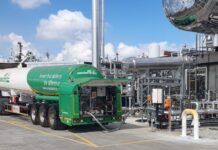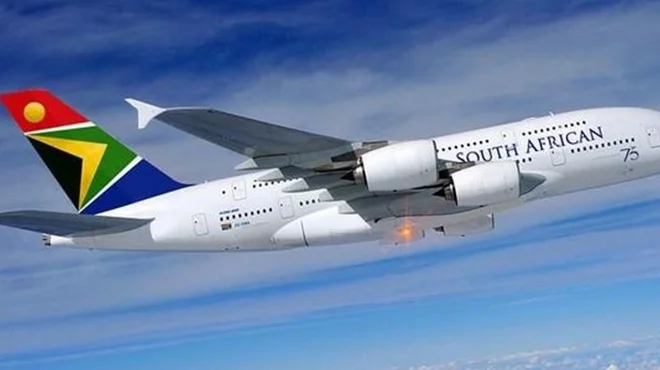Troubled SAA is unlikely to get out of its financial troubles any time soon, with audited statements painting a dire situation for the airline.
SAA said in its financials yesterday that the situation cast “significant doubt” on the airline’s ability to continue as a going concern.
The financials, which were tabled in Parliament, showed that the successive losses, a huge debt and operating costs have sunk the carrier into serious financial crisis.
SAA said it had a poor balance sheet and was also undercapitalised.
“Six consecutive years of operating losses have further eroded the capital base and this continues to impact on the ability of the business to operate in a highly demanding and competitive environment,” it said in its financials.
SAA suffered a loss of R5.6billion in 2017, an increase from R1.5bn in 2016.
“The conditions above together with the other issues listed resulted in material uncertainties at year end that might cast significant doubt on SAA’s ability to continue as a going concern,” it said.
Last month SAA appealed to the government for R5billion to cover immediate costs and warned that it may be unable to make debt repayments next year.
Chief executive Vuyani Jarana said the airline was at the early stage of a turnaround plan designed to return the carrier to break even by 2020 and ease dependency on the government, which last year approved a bailout to swerve a default on debt owed to Citigroup. The airline has shaken up the board and cut routes to reduce costs, but is yet to emerge from its state of financial difficulty.
Deputy Minister of Finance Mondli Gungubele also told the standing committee on appropriations last week that the company was in serious trouble.
SAA said it was working on a plan to fix its balance sheet and deal with the issue of burning cash.
The airline said its loans, amounting to R5bn, were extended to March next year.
In the directors’ report Jarana and board chairperson Bhekumuzi Magwaza painted a poor picture of the national carrier.
The two said the organisation was financially distressed.
“SAA has posted losses for the past six years and has experienced shortfalls in revenue compared to budget, partly due to discontinued routes.
“Revenue for the past four years has been stagnant, ranging between R30.5bn and R30.7bn. Cost compression initiatives have yielded R4.2bn over the past five years, the company has experienced an average cash burn of R250m on a monthly basis,” said Magwaza and Jarana.
The directors also said in the report that operating costs rose by R3bn, which is 11%, year-on-year.
They admitted that the airline needed a cash injection from the state to stay afloat.
The government has injected R19.1bn into the airline over the years.
In his report the auditor-general, Kimi Makwetu, gave SAA a qualified audit opinion.















